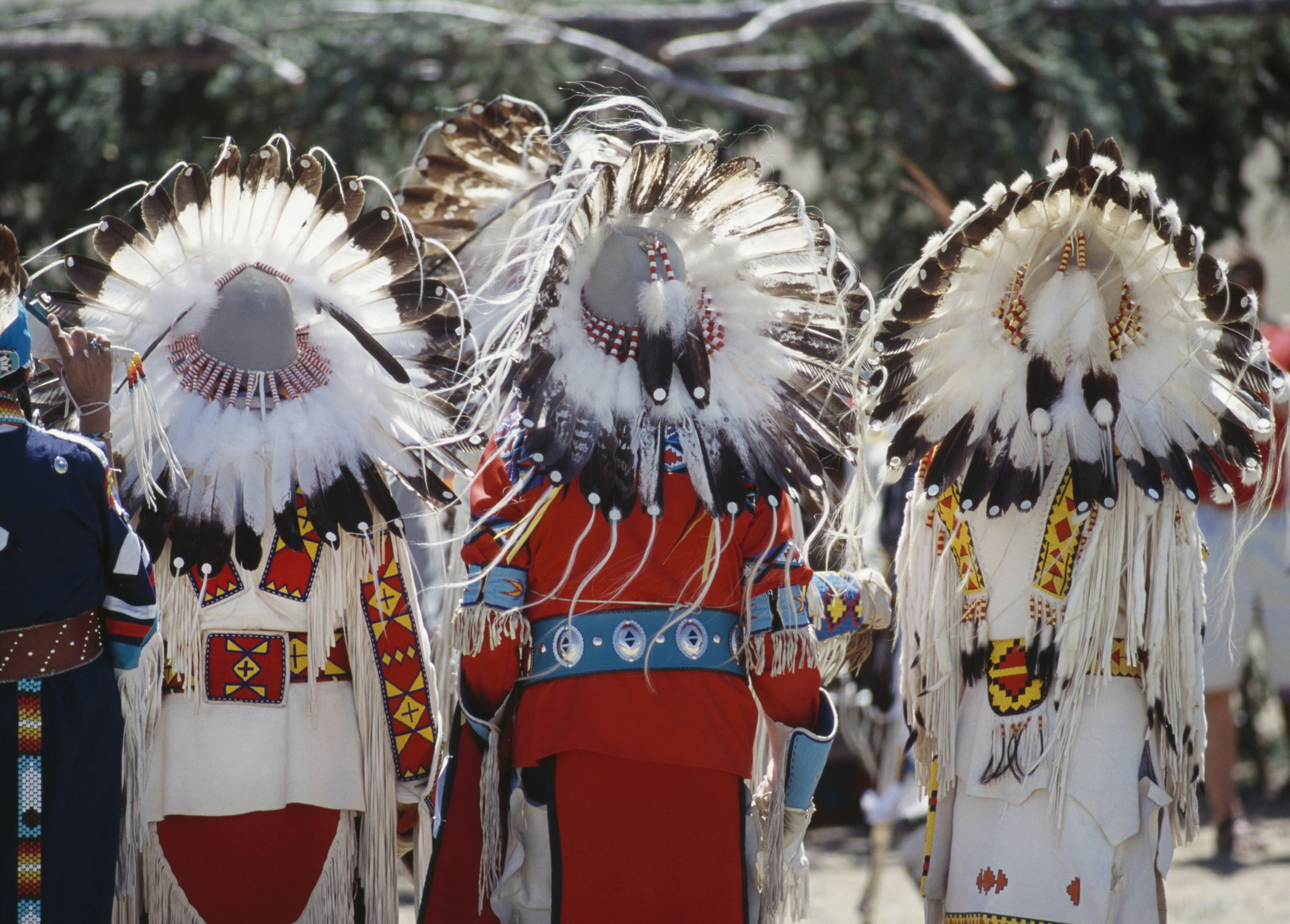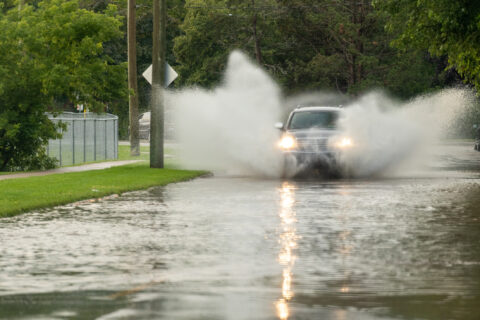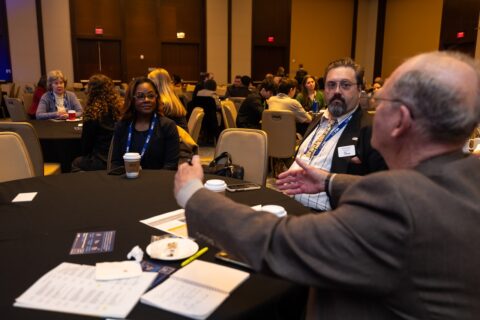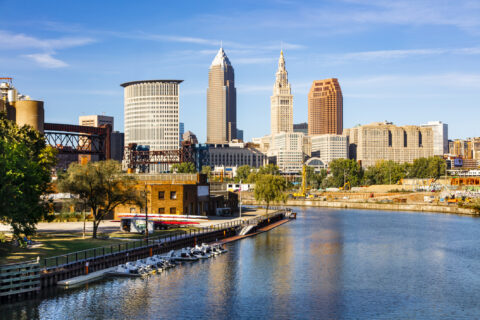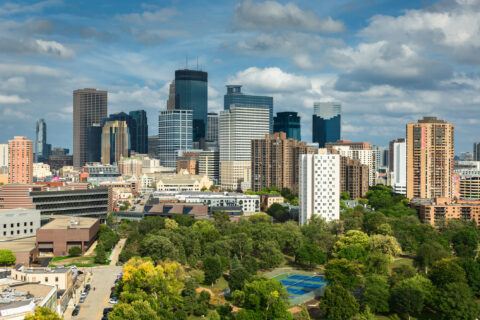As a member of the Navajo Nation, I am the first Native American elected to the City Council in Tempe, Arizona. It’s a tremendous honor for which I’m very thankful. I won my election in March of 2020 but didn’t take office until July. That gave me four months to absorb as much as I could about current issues so I could dive right into to my new job on day one.
As part of my council representation, I felt it was important to honor Native heritage within the historical context of our city. News of reparations and acknowledgments for Native nations were becoming more prevalent in cities around the country, so I thought this might be a good time to go back to a very important Native American history book that I found too heartbreaking to finish years earlier: Bury My Heart at Wounded Knee. I decided to pick up where I left off on audiobook and listening to it was even harder. The narrator’s voice seemed to place me in that moment in time and it moved me deeply. I could only manage to read a chapter at a time because I needed a few hours, or days, to digest what I heard. In between chapters I would follow along on a map showing the original locations of our Native nations, then I would research some of the names that I heard in that chapter. When I finished the book, it made much more sense to me why it was important to talk about reparations, not just in terms of Native American history, but for all ethnicities.
In July 2020, I was sworn into office. Soon after, I was approached by a fellow council member who wanted to work on a land acknowledgment resolution. Together we worked with staff members and our local Native nations to come up with the language for our resolution. Six months later, the resolution was on our council agenda. Our mayor, Corey Woods, asked if I would do the honor of reading the resolution into the record. The gravity of the words I spoke that night will always remain with me. My mother and grandmother were both born and raised on the Navajo reservation in Ganado, Arizona and I pictured them as I read the resolution, pinching myself on the leg to keep from crying. I’m proud to say our council unanimously passed the Land Acknowledgement Resolution. The last line of the resolution says, “We accept the responsibility of stewarding those places and solemnly pledge to consider this commitment in every action.” With that statement, we created a living document honoring our heritage that we can reference as we look to the future.
In addition to land acknowledgment resolutions, many cities and states are embracing Indigenous Peoples Day as a more honorable option to replace Columbus Day. I started making inquiries about permanently adopting our city’s annual proclamation of Indigenous Peoples Day. I am so excited to say that last month our council voted unanimously to permanently replace Columbus Day with Indigenous Peoples Day. I am so thankful that Tempe chose to shift the focus of a recognition day that so many associated with sorrow and suffering to a day we can now celebrate with pride. It is meaningful beyond words to me and to our local Native nations.
I know that our Land Acknowledgement Resolution and our vote to change Columbus Day to Indigenous Peoples Day just scratches the surface as far as reparation to our Native communities. But it is a start. And it allows the current residents of Tempe to honor the first people who also lived their lives and loved their families here – and nurtured this land that we now call home.
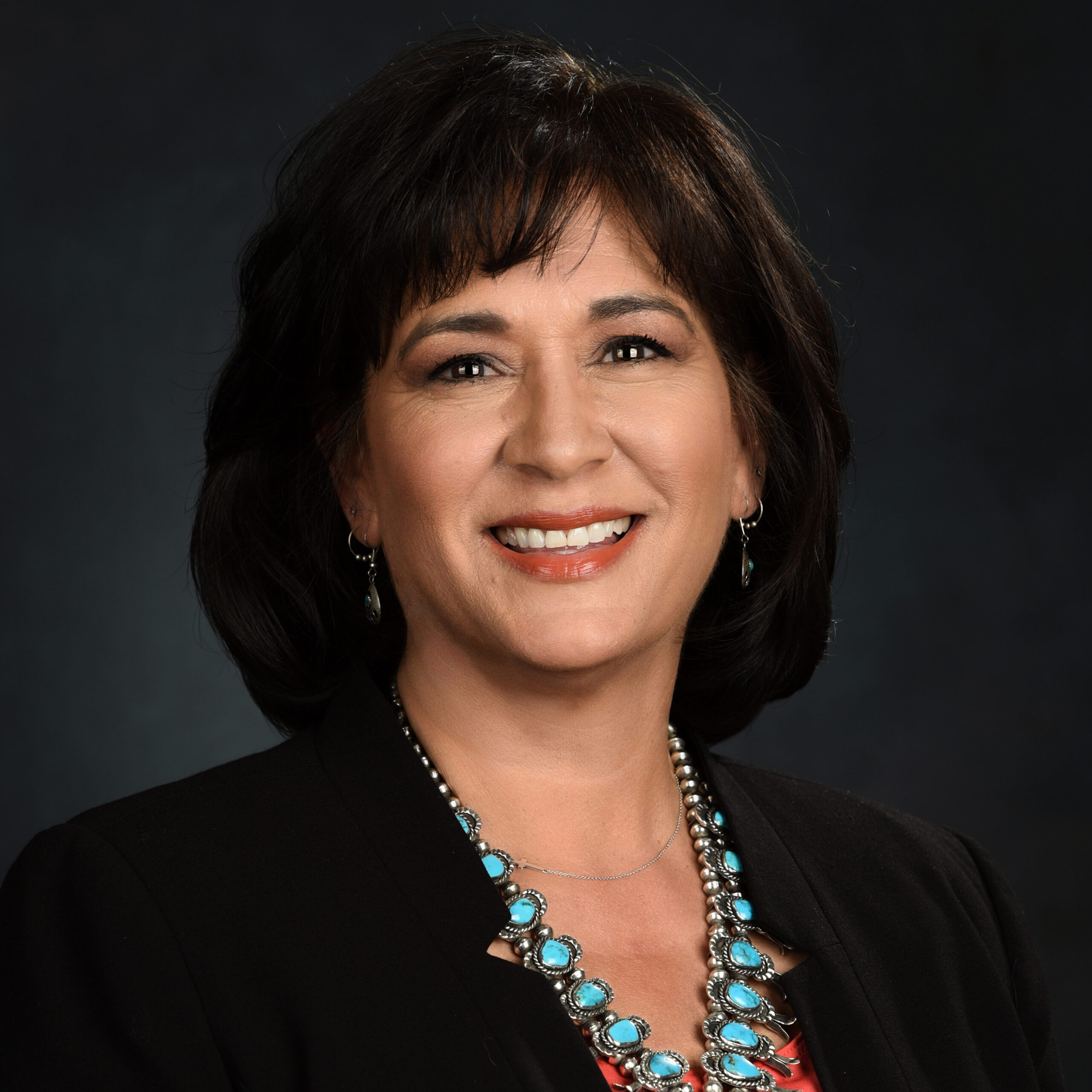
About the Author:
Doreen Garlid is a Councilmember of the City of Tempe, Arizona
